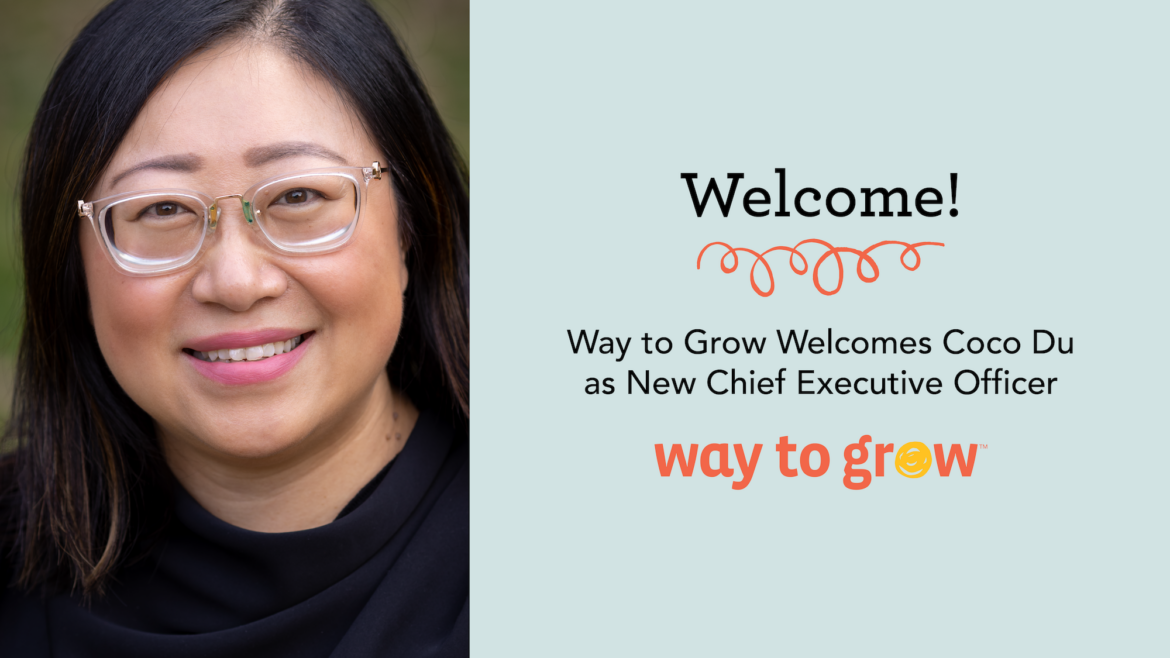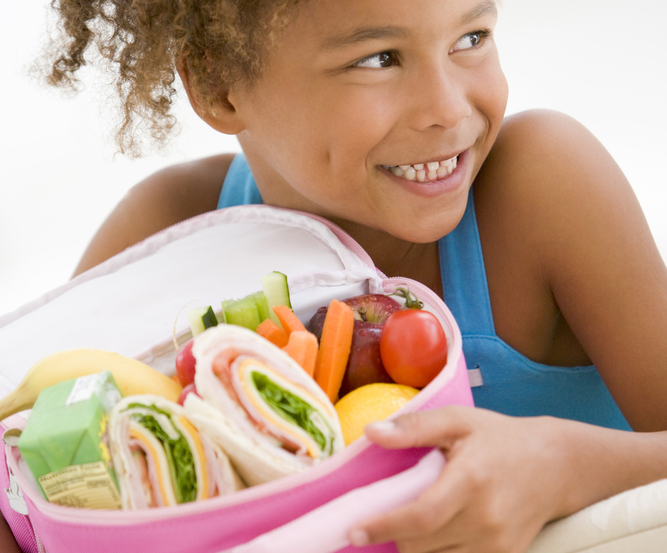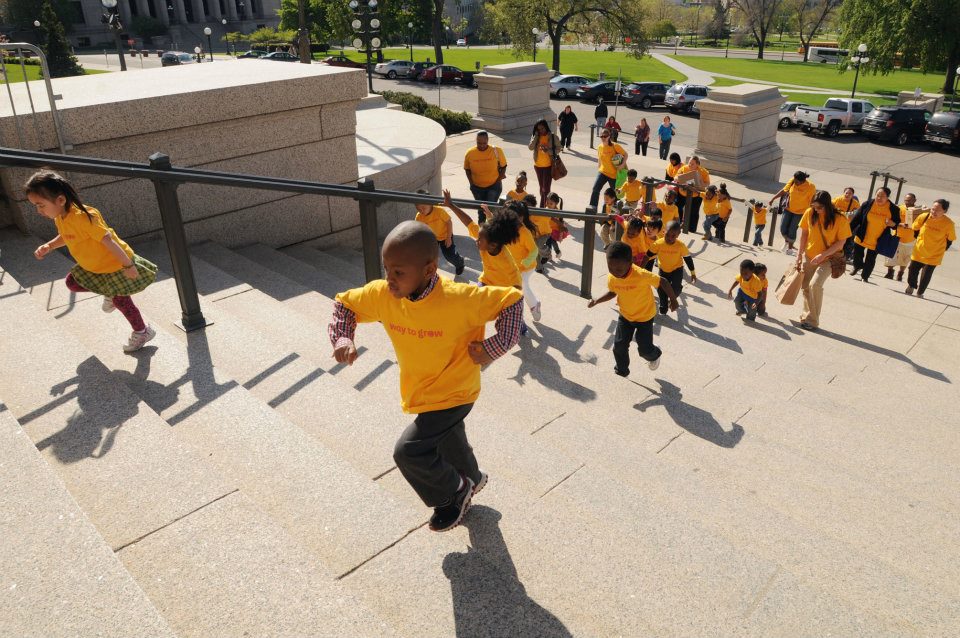Way to Grow Welcomes Coco Du as New Chief Executive Officer
Way to Grow is thrilled to announce the appointment of Coco Du as its new Chief Executive Officer, effective January 21, 2025. Coco brings a wealth of leadership experience and an unwavering commitment to community impact, making her the ideal leader for Way to Grow’s next chapter. She succeeds Carolyn Smallwood, who has served as an exceptional and inspiring leader since 2004, leaving a legacy of visionary leadership and innovation that has positioned Way to Grow for continued success.
Coco joins Way to Grow with over a decade of experience leading mission-driven organizations, including her current role as Chief Experience Officer at Girl Scouts River Valleys. Her expertise spans strategic operations, organizational transformation, and advancing equity, particularly in service to children and families. As a Chinese immigrant and first-generation college graduate, Coco’s leadership is deeply informed by her lived experiences which have shaped her passion for serving those facing systemic barriers.
“This opportunity is deeply personal to me,” said Coco. “As someone whose journey was profoundly impacted by access to education and mentorship, I am honored to lead Way to Grow in its mission to support families and children in realizing their full potential. Together with our incredible team, board, and community partners, I look forward to building on the strong foundation established by Carolyn and driving meaningful change in the lives of the families we serve.”
Coco is uniquely equipped to guide Way to Grow through its next chapter, with her impressive background in strategic planning, operational excellence, and program growth. As Assistant Dean at Macalester College, she drove measurable results in the college’s impact and reach through her experience in coalition-building, fundraising, and creating culturally responsive programs. These skills position her to build on Way to Grow’s strengths while fostering innovation and ensuring the organization continues to adapt to meet the evolving needs of the families it serves.
Michael Garrett, Board Chair, expressed the Board’s enthusiasm: “We are overjoyed to welcome Coco to Way to Grow. Her passion, strategic vision, and proven leadership align perfectly with this crucial moment in our growth and evolution. We are confident that under her guidance, Way to Grow will continue to innovate and thrive.”
Way to Grow empowers families and children through education, resources, and fostering community connections. Under Coco Du’s leadership, the organization looks forward to an exciting future of innovation, collaboration, and expanded impact.
Way to Grow’s executive search was conducted by Ballinger | Leafblad, an executive search firm dedicated to serving the civic sector, partnering with foundations, nonprofits, higher education institutions, and professional associations to identify and recruit exceptional leaders.
About Way to Grow
At Way to Grow, we support families with children from birth to age eight, providing year-round home visits focused on education, health and family well-being. We are proud to work with more than 2,000 parents and children in Minneapolis and the surrounding suburbs—neighbors who work hard to provide for their children and who are active in their community and their child’s education. With a team of talented Family Educators, we help ensure all children are born healthy, stay healthy and are ready to succeed and thrive in school and in life. To learn more, visit waytogrow.org
For media inquiries, please contact:
Melissa Meyer
Vice President of Development
mmeyer@mplswaytogrow.org
612-874-4740





